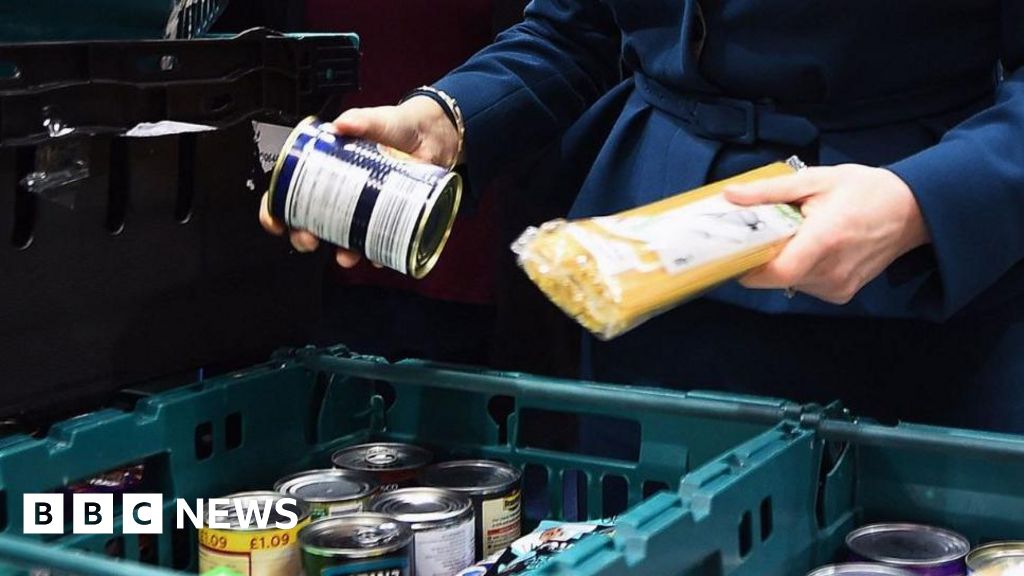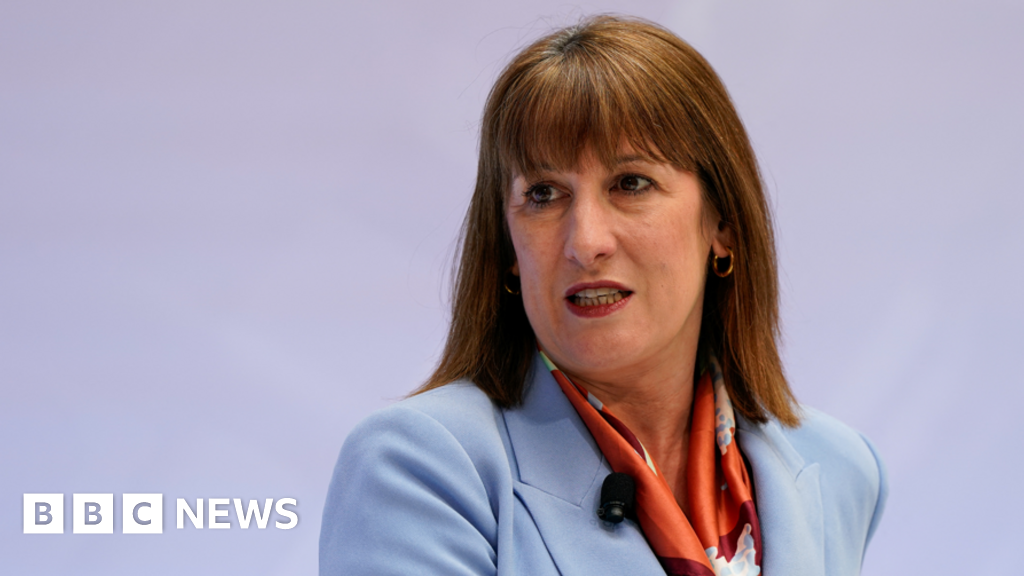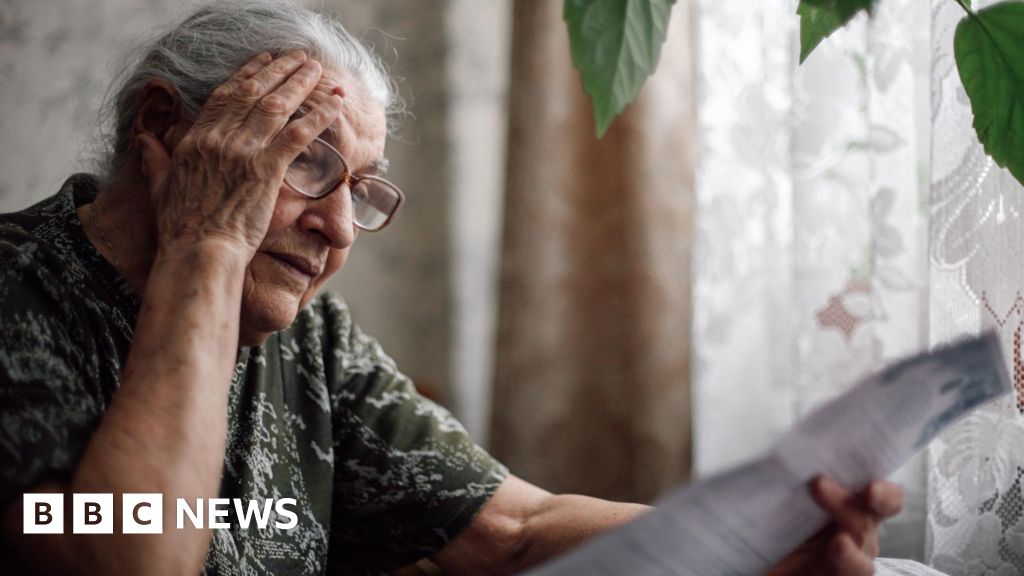ARTICLE AD BOX
By Karishma Vaswani
BBC News
image source, WAKIL KOHSAR/AFP
image captionA Taliban fighter walks in front of people waiting outside a bank in KabulAfghanistan's banking system is near to collapse, the boss of one of the nation's biggest lenders has told the BBC.
Syed Moosa Kaleem Al-Falahi, the Chief Executive of the Islamic Bank of Afghanistan, said the country's financial industry is in the grip of an "existential crisis" as customers panic.
"There's huge withdrawals happening at the moment", he said, speaking from Dubai, where he is temporarily based because of the chaos in Kabul.
"Only withdrawals are happening, most of the banks are not functioning, and not providing full services," he added.
Afghanistan's economy was already on shaky ground even before the Taliban took control in August.
It is hugely dependent on foreign aid - about 40% of its gross domestic product (GDP) comes from international aid, according to the World Bank.
But since the Taliban takeover, the West has frozen international funds, including assets Afghanistan could have accessed with the World Bank and International Monetary Fund (IMF).
image source, IBA
image captionIslamic Bank of Afghanistan's head office in KabulMr Al Falahi says this is encouraging the Taliban to look for other sources of financial support.
"They are looking forward to China and Russia, and some other countries as well.
"...it seems that sooner or later, they will be successful in dialogue," he said.
China has already talked about its desire to help rebuild Afghanistan, and work with the Taliban.
A recent editorial in the Chinese state-controlled Global Times said there is "huge potential for cooperation in rebuilding Afghanistan", adding that China is "definitely a leading player."
Still, the Taliban is under pressure to fix Afghanistan's economic problems now.
Inflation is soaring, the Afghani, the country's currency, is plummeting and people are desperate as many have lost their jobs and are short of cash.
The United Nations World Food Programme has warned that only 5% of households in Afghanistan have enough to eat every day.
Half of those surveyed said they have run out of food altogether at least once in the last two weeks.
So accessing international funds and foreign assistance is key to Afghanistan's survival.
But countries like the US have said that while they are willing to consider working with the Taliban - it will depend on some pre-conditions - including the regime's treatment of women and minorities.
Mr Al Falahi insists that despite statements from the Taliban that women are not allowed to work for "a while", women in his bank are returning to work.
image source, BULENT KILIC/AFP
image captionWomen wait in front of a bank to withdraw money in Kabul"There was sort of... fear among the women, they were not coming to the offices, but now gradually they started coming to the office," he said.
Mr Al Falahi comments also chimed with recent statements by the Pakistan's Prime Minister Imran Khan.
In a BBC interview Mr Khan said the Taliban are trying to show a more modern and reformed face to the world, in comparison to how they behaved the last time they were in power - a sort of Taliban 2.0.
"At the moment, they are more flexible, they are very cooperative.
"They're not imposing any strict rules and regulations for the time being," Mr Khan said.
However, women's groups and human rights organisations have pointed to a huge difference between what the Taliban have said and the reality on the ground, with reports of many women and girls now not being allowed to go to school or work.

 3 years ago
65
3 years ago
65








 English (US) ·
English (US) ·